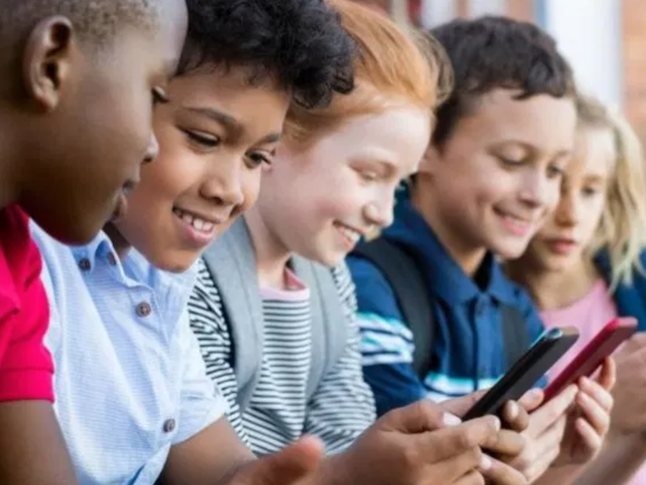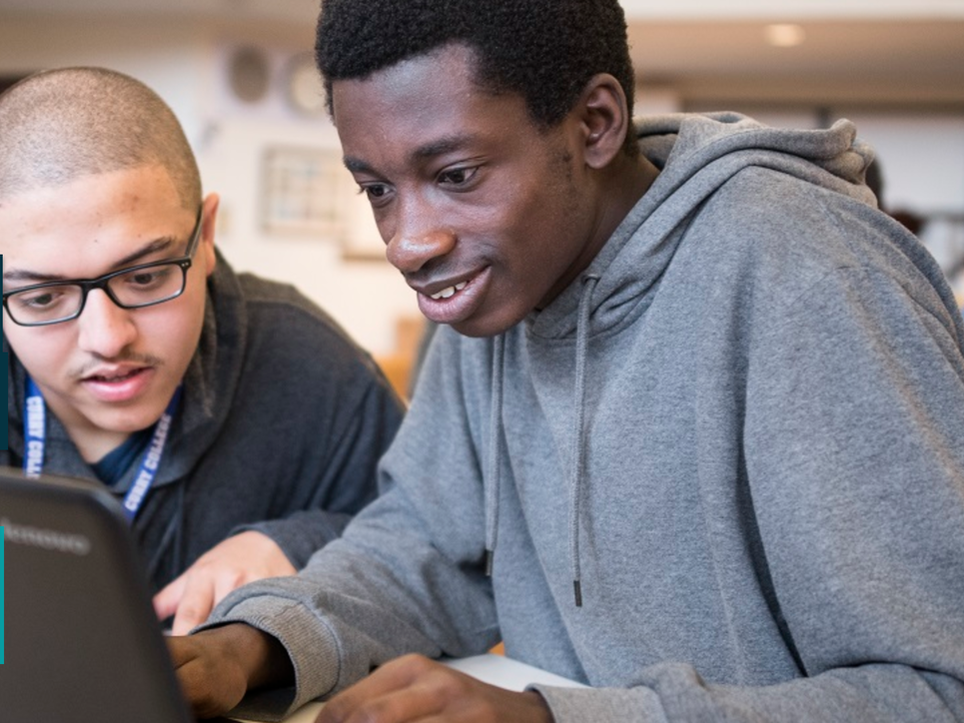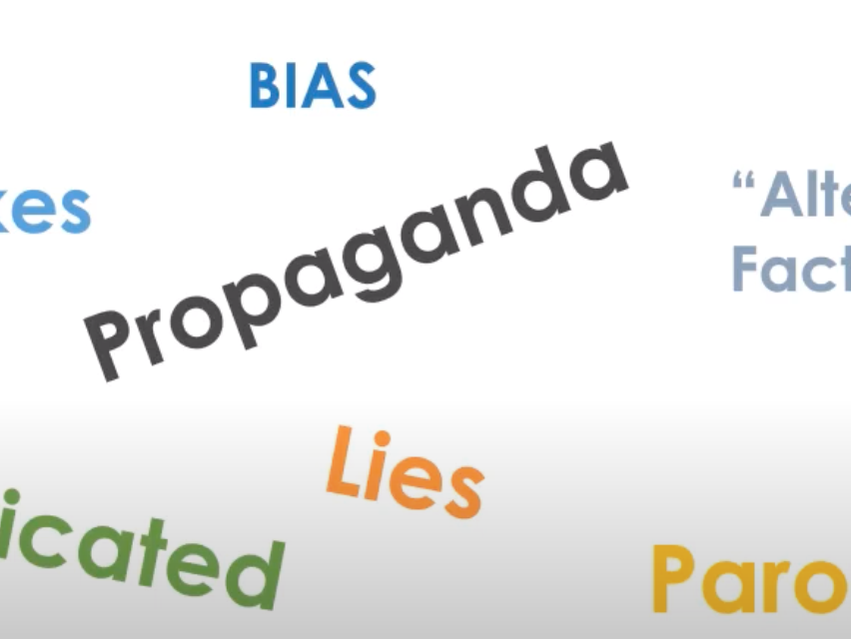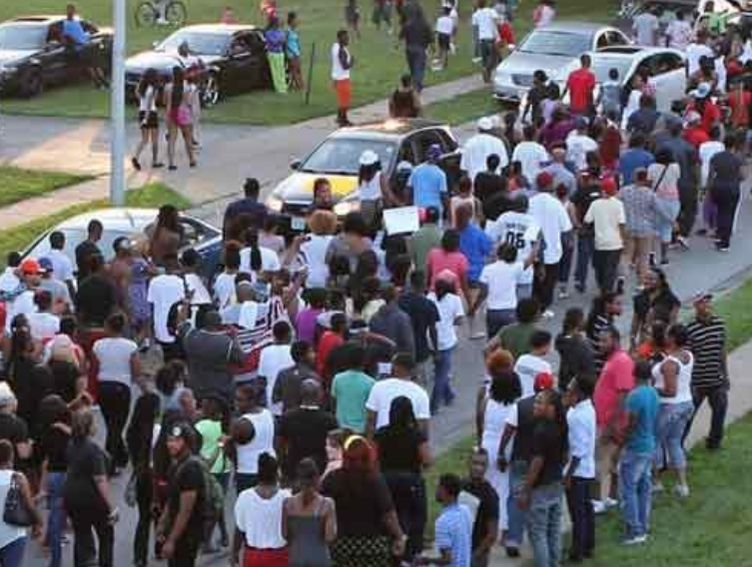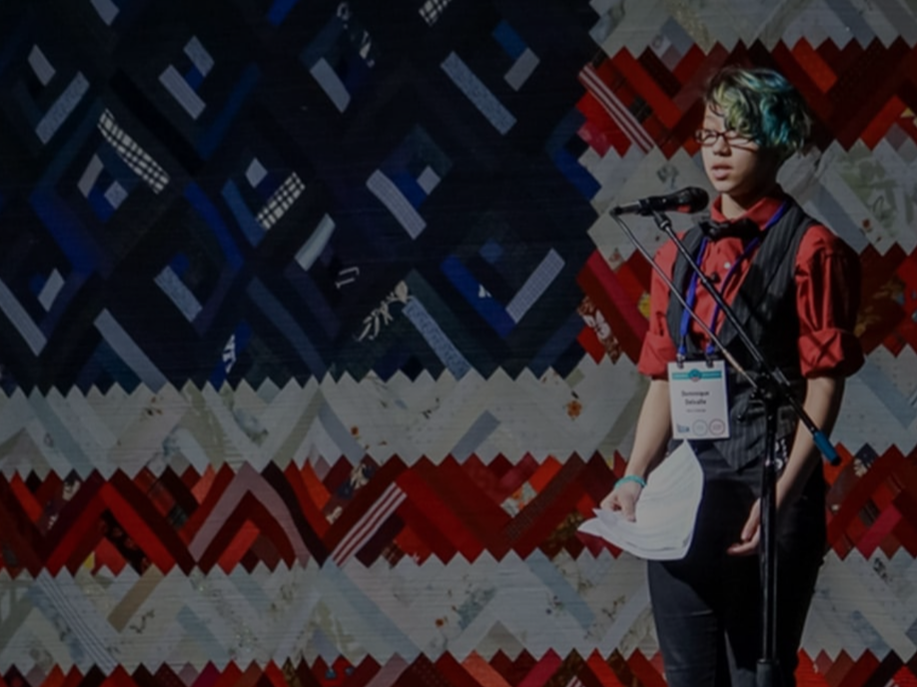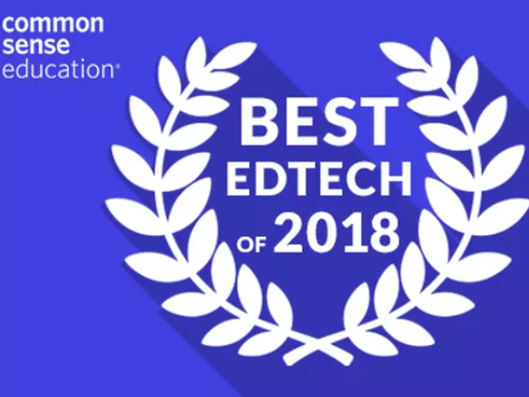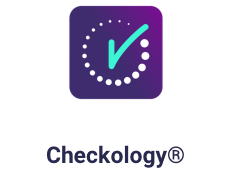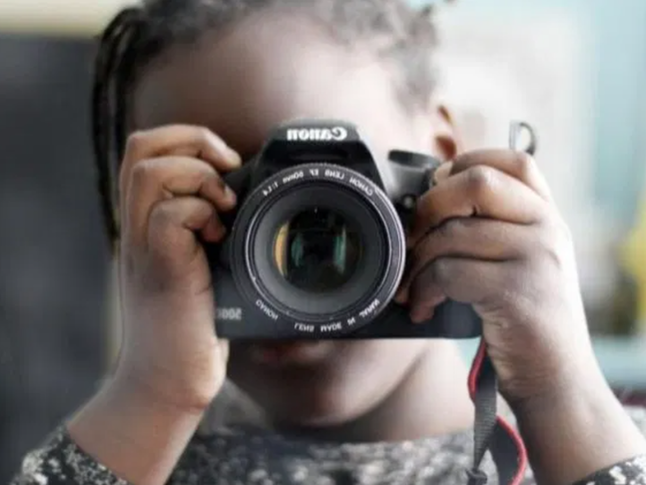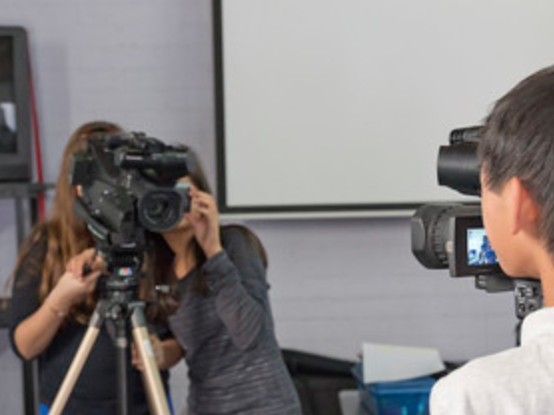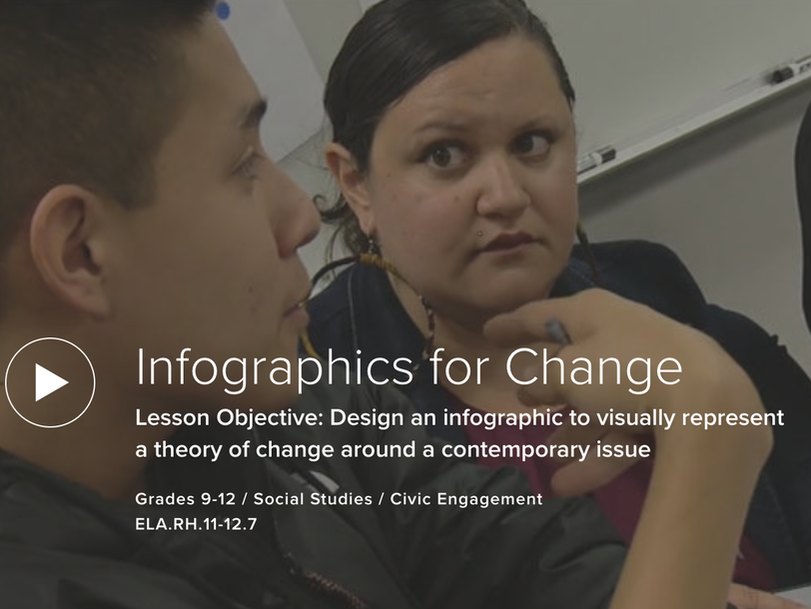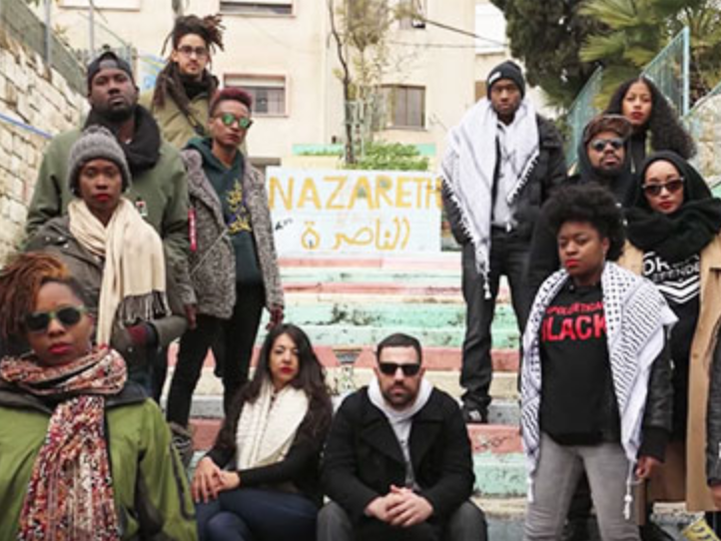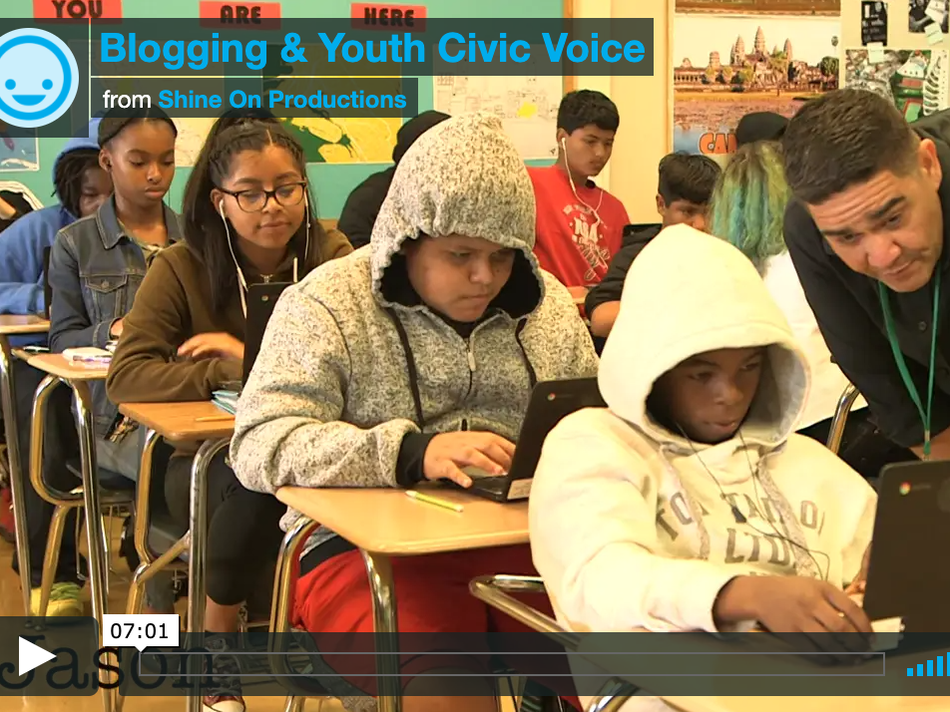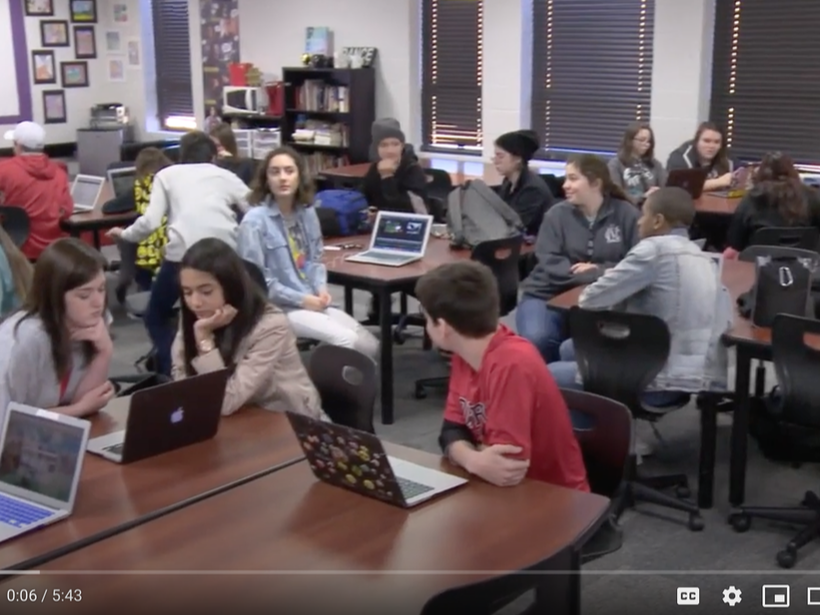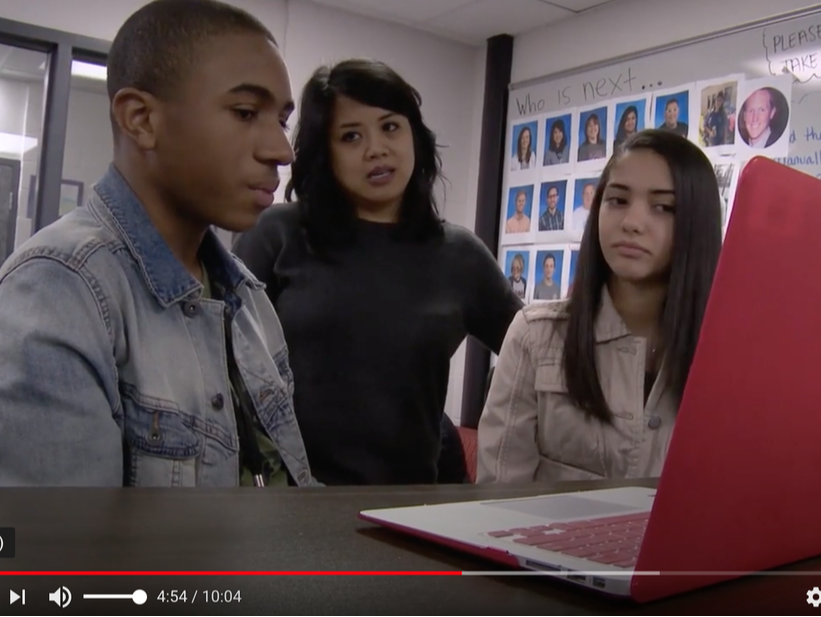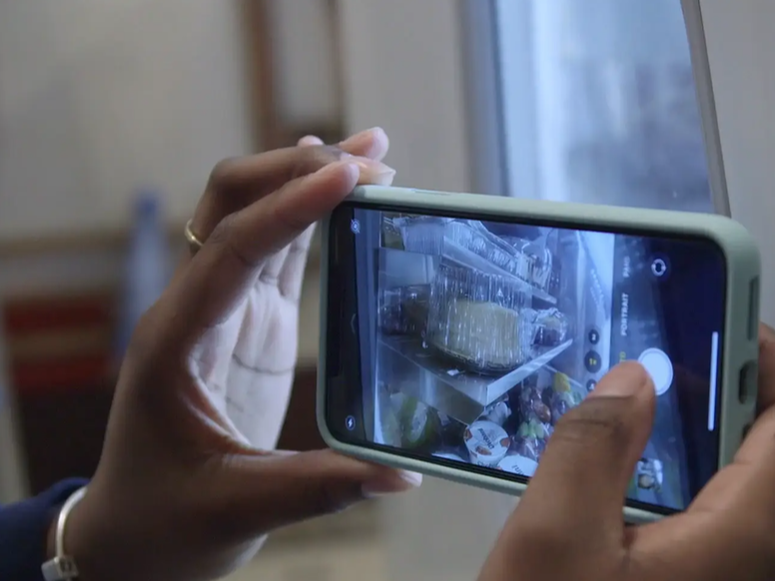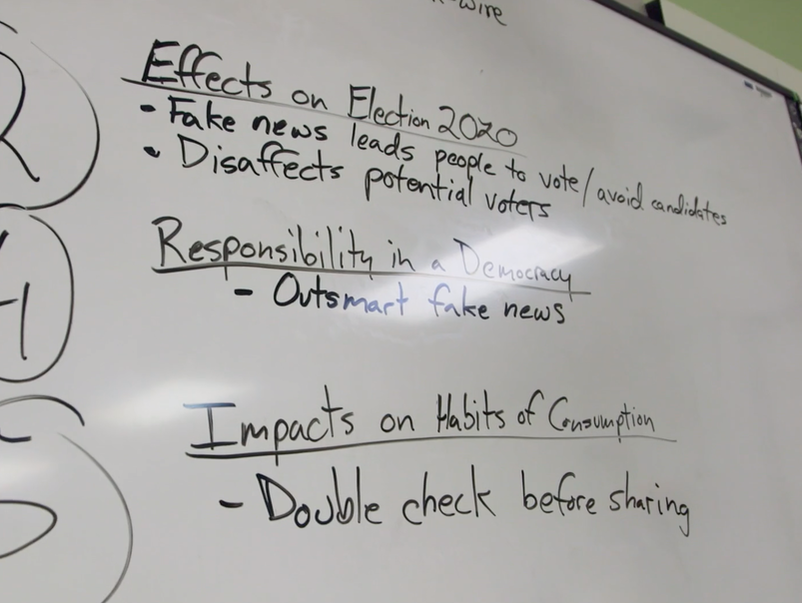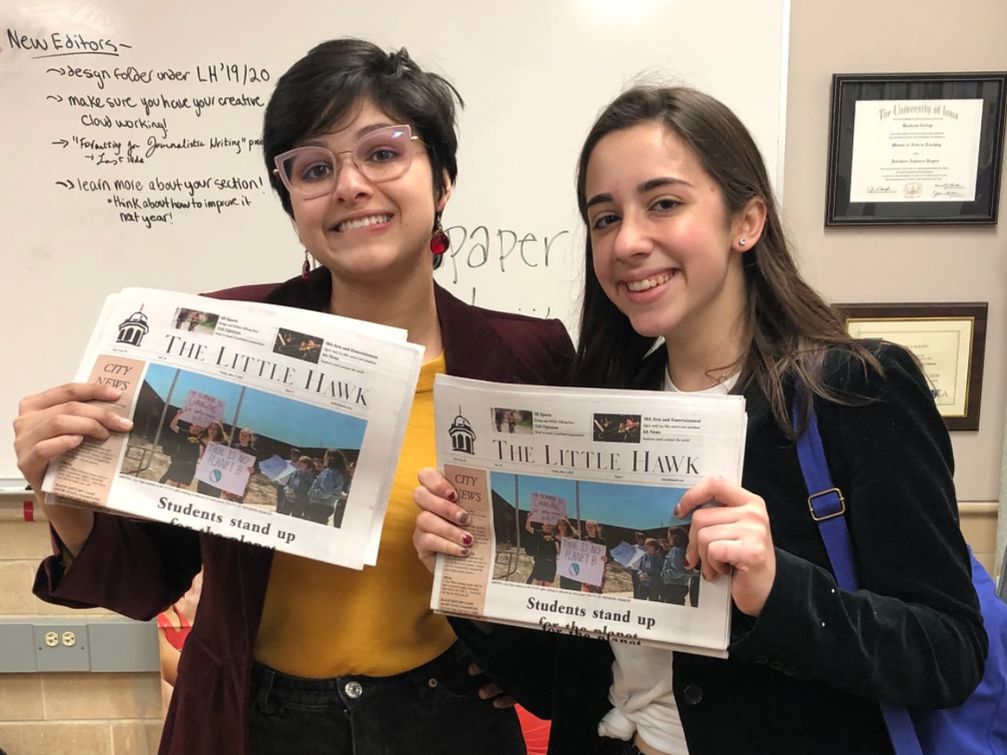Media Literacy
RATIONALE & RESEARCH
Media literacy is essential to participating in democratic elections and democratic life. Engaged community members must be able to gather, fact-check, analyze, and utilize information from coverage of current events and candidates and issues, polls, endorsements from groups or individuals, and details about voting procedures and access. Young people should also be encouraged to produce media themselves, both as a tool for learning and a way to expand representation of young people, and young people of color especially, in published media. K-12 schools have an important role to play in teaching media literacy and media creation.
Research tells us:
Research tells us:
- "A larger proportion of youth get their news online than any other age group, and young people are substantially more likely to get their news online than via other platforms." ("Teaching Controversial Issues in a Time of Polarization”, 2018)
- "For high school students, most accessible civic opportunities are often local. Yet young people often feel that their viewpoints are not represented in local media, and relatively few find local news media to be trustworthy." ("Getting Young People to Vote: Seven Tips for the Classroom”, 2019)
LESSON PLANS & RESOURCES
Media & News Literacy Lesson & Instructional Resources
Core Principles of
|
Where do we Get our News and Why Does it Matter?This Teaching Idea from Facing History is designed to help students take stock of their media choices, explore media bias, and think about what healthy news habits they want to adopt.
Lesson Plan |
Newsfeed DefendersIn this iCivics game and extension materials (designed uniquely for middle and high school audiences), students will fight hidden ads, viral deception, and false reporting as a NewsFeed Defender!
Game, MS/HS |
Navigating Today's Information LandscapeCheckology, a series of 14 lessons from the News Literacy Project, shows students how to navigate today’s challenging information landscape. They will learn how to identify credible information, seek out reliable sources, and apply critical thinking skills to separate fact-based content from falsehoods.
Lesson Plans, Reference |
Media Moment Mini-LessonsAccess iCivics' library of Media Moment Mini-Lessons, which each combine civic content and news literacy skills. Each mini-lesson includes a content reading, a news literacy highlight, and a one-page news literacy activity; use readings together or separately.
Videos, HS |
How to Read the News Like a Fact CheckerThis Teaching Idea from Facing History trains students to read online sources laterally, like professional fact checkers do, so that they can better evaluate the credibility of news they see online.
Lesson Plan |
Decoding Media BiasStudents will view the We The Voters film “MediOcracy,” and then examine current news stories and how they’re covered by the three main cable news outlets. They will conclude by examining news stories for bias/point of view.
Lesson Plan |
Facing Ferguson: News Literacy in a Digital AgeThis 11-lesson unit, co-created by Facing History and the News Literacy Project, uses the killing of Michael Brown in Ferguson, MO as a case study, for helping students explore the role of journalism in a democratic society and consider how they can become responsible consumers and producers of news and information in the digital age.
Unit Plan, Lesson Plan |
News. Voice. Power.Mikva Challenge's news literacy curriculum engages students in developing the skills and knowledge to be critical news consumers then has them employ those skills to utilize media to bring change around an issue that they care about.
Curriculum, MS/HS |
Digital Civics ToolkitThis Digital Civics Toolkit, prepared by the MacArthur Research Network on Youth and Participatory Politics, is a collection of resources for educators to support youth to explore, recognize, and take seriously the civic potentials of digital life. It explores a range of civic opportunities and dilemmas via 5 modules focused on: Exploring Community Issues, Investigation, Dialogue, Voice, and Action. Each module includes guiding questions, activity ideas, and teacher resources.
Toolkit, MS/HS |
Media Literacy ToolkitThis toolkit, from the Illinois Civics Hub, provides classrooms with tools to help students wisely consume and produce information.
Toolkit, MS/HS |
Checkology
News Literacy Project's browser-based platform, designed for students in grades 6-12, helps prepare the next generation to easily identify misinformation.
Resource, MS/HS |
Media Creation
Media "Fair Use" Best PracticesFair use is the right to use copyrighted material without permission or payment under some circumstances—especially when the cultural or social benefits of the use are predominant. This guide identifies five principles that represent the media literacy education community’s current consensus about acceptable practices for the fair use of copyrighted materials, in K–12 education and beyond.
Reference |
Youth Media Creation ToolkitAccess, via the right-hand side of this CIRCLE site, a complete toolkit of lesson plans and handouts for supporting young people in creating their own civic media through on-camera interviews, GIF- and meme-making, photography, and more.
Lesson Plans |
STORIES
Digital Media and Struggles for JusticeThis video by the Black Youth Project explores the opportunity of students' utilization of digital media creation to advance modern struggles for justice. It was supported by the MacArthur Research Network on Youth and Participatory Politics, of which CERG is a member.
|
Preparing Youth for Civics and Politics in the Digital AgeIn this video, produced by the Teaching Channel and CERG, learn how you can support young people to navigate civics and politics in the digital age and how you can prepare your students to become thoughtful and effective participants in our democracy.
|
A High School Journalist Dug Into Suspensions of Black Students. What She Found Won an Award.This New York Times article profiles a high school journalist in Iowa who followed a story about students' varied experiences with their district's disciplinary code and ended up not only exposing an important local issue but also winning an award from the Robert F. Kennedy Human Rights organization.
|
